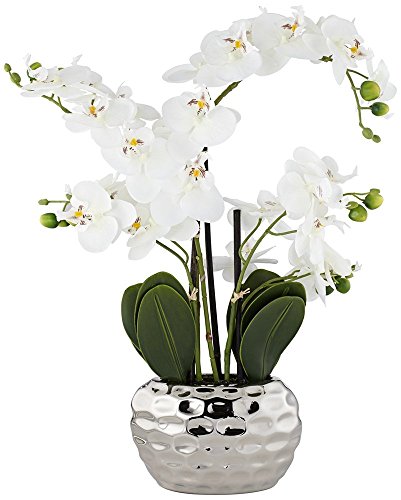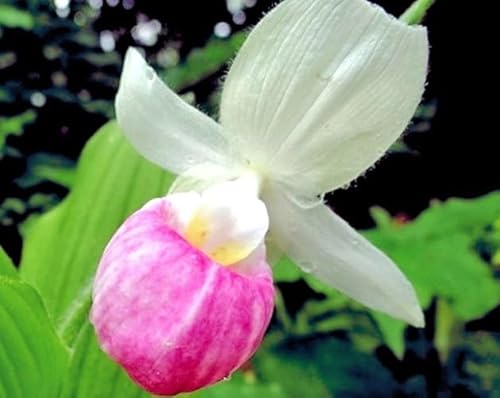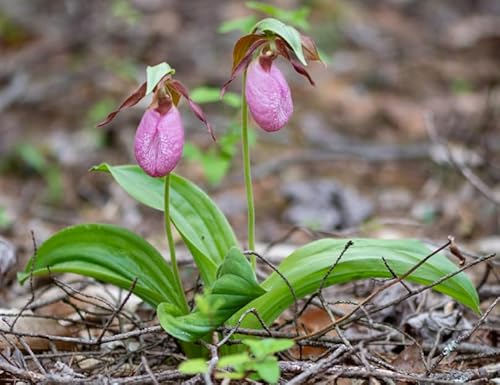D
Dido
Guest
I have a question,
does anyone of you work with charcoal in the mix.
I was wondering if it could benefit some of my cyps or phaphs.
because if I read some articels about the wild orchids, it often shows up that fire and cutting the forest can be a benefit to the gound orchids.
So I was wondering if t could be of benefit to some kinds. :evil:
The idea came up, when I looked at old pictures of the orchid garden from singapur, a lot of orchids was grown there in this medium, even Vanda like looking kinds. So I am wondering if I can use it or not.
Which reaction will happen is it more acid or more alkaline.
does anyone of you work with charcoal in the mix.
I was wondering if it could benefit some of my cyps or phaphs.
because if I read some articels about the wild orchids, it often shows up that fire and cutting the forest can be a benefit to the gound orchids.
So I was wondering if t could be of benefit to some kinds. :evil:
The idea came up, when I looked at old pictures of the orchid garden from singapur, a lot of orchids was grown there in this medium, even Vanda like looking kinds. So I am wondering if I can use it or not.
Which reaction will happen is it more acid or more alkaline.










































